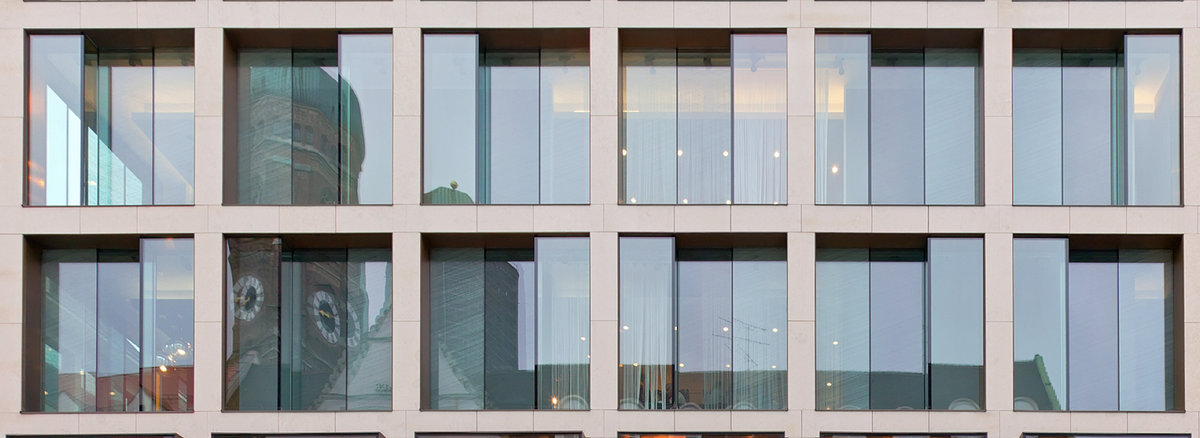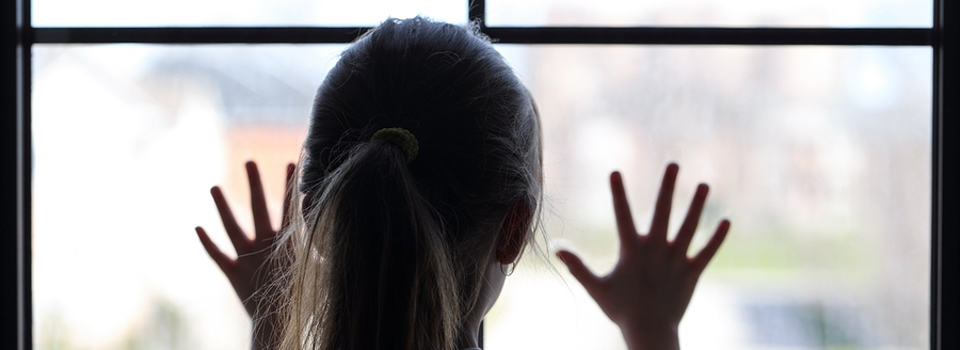As the need for a more formalized approach to security becomes the norm for many churches, some congregations are developing plans and policies to better protect their congregants and staff from active shooters.
A matter of major concern for church safety and security planners is people coming to church carrying concealed firearms on Sundays and during large public church events. This would include both active duty and retired law enforcement personnel and legally armed civilians with concealed carry permits. In most states, there are no preclusions for concealed carry permit holders or law enforcement officers from bringing a firearm onto church property. Civilian permit holders cite the “right of citizens to bear arms“ under the Second Amendment of the U.S. Constitution and the fact that they are allowed by state law to carry a concealed weapon. Law enforcement officers cite both federal and state statutory authority. These rights do exist and the government does not prevent citizens from owning and bearing firearms except under certain circumstances and in certain places.
The right to bear arms is not absolute where churches and other private property owners are concerned. Churches can generally place certain requirements on those who visit their property. Just as a business can deny entrance to someone not wearing a shirt or shoes, a church can take steps to limit or restrict certain activities, such as carrying a firearm while on church property. Therefore, barring preclusion by law, private citizens may carry a firearm on church property unless the church specifically prohibits it.
Throughout the United States, active duty law enforcement personnel are armed any time they are performing their official duties. Some law enforcement officers are armed even when they are “off duty;” in some cases this is required by their agency policy and they are considered never to be “off duty.” In most states, the same firearms laws that apply to private citizens govern active duty military and retired law enforcement officers as well.
Because of the present cultural environment, the concealed weapon issue can be politically and emotionally polarizing. However, safety for members of the congregation, staff and security personnel has to be of first priority from a church perspective. It is from this position that it may be proper to recommend that church leadership consider the potential hazards when allowing a civilian concealed carry permit holder—or even a law enforcement officer—to carry concealed weapons onto church property.
In considering this issue the following subjects should be addressed:
- Most civilian concealed carry permit holders have little or no consistent tactical training in confronting an armed assailant on the street, much less an active shooter situation in a crowded church venue.
- Almost all active duty law enforcement officers have some training in responding to an active shooter incident. However, statistically, law enforcement officers engaged in a shooting situation miss their intended target on average seven out of ten times in engagements between 3 feet and 21 feet. This means that during the stress of a firefight, seventy percent of the shots fired could go somewhere else.
- During a shooting incident, how will responding law enforcement officers or church security personnel determine who is friend or foe if multiple people in the congregation deploy firearms in response to an active shooter?
- What would the church liability be for the actions of a church attender with a concealed weapons permit who, acting on his own, shoots a person who is causing a disturbance not reaching the legal threshold for employing deadly force?
- If preclusion were adopted, how would it be enforced? How would the church notify the public as to the church policy without giving the impression that the church was a “gun free zone?”
Regardless of policy, the church retains a legal and moral duty to reasonably protect its guests and members. To satisfy that responsibility, the church should want to mitigate as much as possible hazards that could arise when well-meaning but untrained or ill-trained individuals engage in the use of deadly force.
As previously stated, most active duty law enforcement officers are trained in active shooter response protocols and the legal threshold required before employing deadly force. If a church firearms policy allows for active duty law enforcement to come to church armed, it should be with the understanding that firearms proficiency standards vary among individual law enforcement personnel and individual agency requirements.
As previously stated, a major problem for security personnel is identifying the shooter(s) and neutralizing them as soon as possible. This would become more difficult and dangerous if CCW holders or armed law enforcement officers produced handguns during an active shooter incident and started pointing them or even shooting. The church concealed carry policy could significantly affect the church’s potential liability if, in response to an active shooter, an armed church security officer engages and shoots an armed congregant or law enforcement officer in a case of mistaken identity.
The myth of “gun free zones” is that they aren’t always gun free. National statistics show that almost one hundred percent of active shooter incidents take place in “gun free zones.” This is because these killers want to murder a large number of people without premature interruption. To imply that a church is a “gun free zone” to the general public would be a mistake by leading some to believe the church is a “soft target,” thus increasing the hazard level. Additionally, it would be misleading if the church maintains an armed security presence during worship services and large public events and is, therefore, not a “gun free zone.”
The answer to most of the issues raised here is for the church to recruit, train and deploy its own armed security team. By establishing exact training standards regarding firearms and tactical proficiency, the church can maintain a group of individuals dedicated to serving the Lord, His Church and the church family as guardians of the flock. In the cultural climate of today, this is a ministry of not just safety, but peace of mind.
The church governing body, after consultation with the church insurance carrier and church legal counsel, should decide any position regarding private citizens or law enforcement officers carrying concealed weapons on church property, or the establishment of an armed church security unit.










